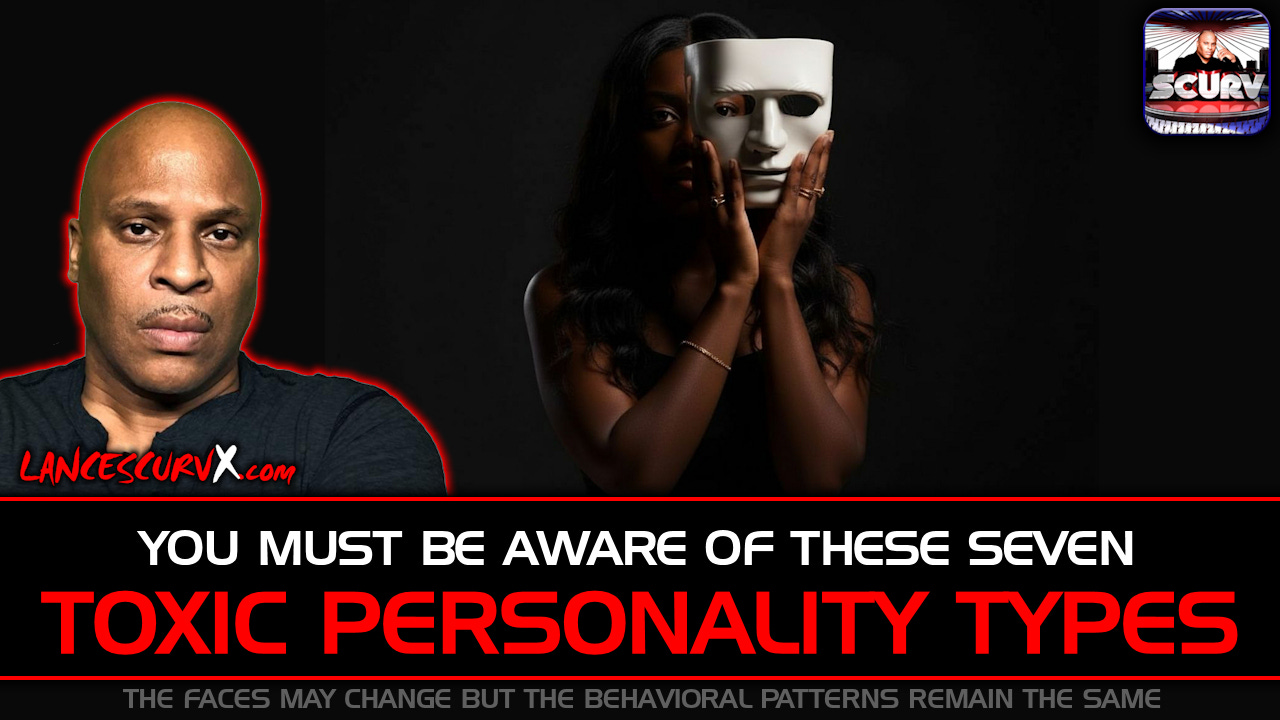People talk all day about trusting their intuition, trusting the universe, trusting “energy,” trusting their ancestors — but nobody wants to talk about the discipline of knowing who not to trust. And if we’re honest, most of the pain we experience in this life doesn’t come from strangers; it comes from the people we allowed too close, too fast, because we didn’t slow down and observe their patterns. In all my years of dealing with people from the streets of America to the heartbeat of Ghana, I’ve learned one cold, hard truth: you can love humanity and still keep your eyes wide open.
Human nature doesn’t change because you wish it would. It doesn’t soften because you’re kind. It doesn’t become pure because you prayed. People are exactly who they show you — and the greatest disrespect you can offer yourself is ignoring the signs because you wanted the fantasy more than the truth. Tonight, I want to lay this out raw, unfiltered, and with the streetwise clarity life has beaten into me: there are seven types of personalities you should never, ever trust. Not because they’re monsters, not because you’re better than them — but because their patterns are so predictable that trusting them is like sticking your hand in a blender and expecting it not to slice you.
We’re not talking about judging people. We’re talking about recognizing behavioral archetypes that show up worldwide, in every culture, every community, and every generation. The faces change, but the patterns stay the same. And if you’ve lived long enough, you already know this: every betrayal you ever suffered came with warning labels. Right now, I want to put a spotlight on them.
1. The Perpetual Victim
The perpetual victim is the person who never takes responsibility for anything. Life is always happening to them. Nothing is ever their fault. Everyone mistreats them, the world is unfair, life is always cruel, and somehow they are always the innocent one standing in the ashes of yet another disaster. Real suffering exists — yes. Many people have scars that tell the story of battles they never asked for. But the perpetual victim has turned suffering into an entire personality. Their pain is not a chapter in their story — it is the whole book.
The problem isn’t their wounds; it’s that they worship them. They cling to them. They need them. And if you stay around long enough, they will eventually cast you as the villain in their never-ending movie about how everyone betrays them. First you’ll be their savior. Then, eventually, you’ll be added to the list of people who “wronged” them. You can’t trust a person who refuses to see their own role in their own life.
Worst of all, the perpetual victim will drain you dry. You will pour in compassion, time, money, encouragement — and none of it will ever be enough. Because they aren’t looking for solutions; solutions would kill the identity they built. What they want is someone to confirm their worldview that they’re helpless. You can’t help someone who needs their misery to survive.
2. The Chronic Manipulator
Manipulators don’t hit you over the head; they move silently. They are charming, perceptive, and skilled at pushing your emotional buttons. They’ll never say, “Do this for me.” Instead, they’ll sigh, they’ll look wounded, they’ll mention their hardships in passing — and before you know it, you’re handling their responsibilities while they sit back and act grateful.
You can always tell a manipulator by how you feel around them: pressured, guilty, obligated, slightly uneasy, or mysteriously responsible for their well-being. They don’t ask for what they want — they engineer your emotions so you’ll offer it.
You cannot trust them because nothing they offer is genuine. Every act of kindness has strings. Every compliment is a setup. Every favor has a bill attached. For a manipulator, people are chess pieces, and the game never ends. Even worse, they don’t build real relationships — they build dependency. And when you step back, you’ll realize the whole connection was a performance designed to keep you in their pocket.
3. The Righteous Crusader
This is the person who’s always right — not sometimes, not often — always. They’ve found “the truth,” and now they’re on a mission to convert everyone else. It could be spiritual beliefs, politics, morality, health, or lifestyle choices. The problem isn’t their conviction — it’s their fanaticism. They don’t just hold beliefs; they become their beliefs. If you disagree, you’re not simply mistaken — you’re lost, ignorant, or corrupted.
Righteous crusaders cannot tolerate uncertainty. They use rigid ideology to protect themselves from the fear of not knowing. And because they need that certainty to survive, they cling to it with both hands and expect you to do the same. They don’t have conversations; they preach. They don’t listen; they wait for their turn to correct you. And eventually, the relationship becomes conditional: either you agree with them, or you become their enemy.
You can’t trust a person who values ideology over humanity. They will throw you under the bus for their beliefs and call it righteousness.
4. The Chronic Liar
Many people lie occasionally. But the chronic liar is different — truth has no inherent value to them. They shape reality like clay, molding it into whatever benefits them in the moment. They don’t lie constantly; they sprinkle lies into the truth so smoothly you start doubting your own memory.
A chronic liar is dangerous because you can never trust the ground you’re standing on. You can’t trust their promises, their apologies, their explanations, or even their version of events. Their identity shifts like smoke — whatever they need to become to survive the moment, they become it.
Without truth, there can be no real relationship. Everything with them is a mask — and you never truly see the person behind it.
5. The User
The user is friendly, warm, upbeat — but only when they need something. When they don’t need you? They’re gone like smoke in the wind. Their loyalty is temporary. Their affection is conditional. Their presence is transactional.
Users don’t see you as a person; they see you as a tool. A resource. A stepping stone. They will flatter you, hype you up, make you feel important — until the moment your usefulness expires. Then suddenly they’re “busy,” unavailable, distant, or mysteriously silent.
You cannot trust the user because once they’ve drained you of what they needed, they discard you without guilt. It’s not personal to them — people are simply assets in their private economy. And that is a deep spiritual poverty that destroys every connection they touch.
6. The Envious Destroyer
Envy is not admiration. It is not desire. It is destruction. The envious destroyer doesn’t want what you have — they want you not to have it. Your joy irritates them. Your progress threatens them. Your light exposes the darkness in their own life, and instead of growing, they’d rather dim your flame.
They hide it well — often behind “concerns,” “advice,” or “honest observations.” But pay attention to how you feel after talking to them: smaller, less confident, doubtful. That’s not support — that’s sabotage painted as realism.
The envious destroyer is most dangerous when close to you — family, friends, partners — because their envy is often unconscious. But trust this: people who are wounded by your success will eventually try to wound you.
7. The Chaos Merchant
Some people don’t just experience chaos — they produce it. They live in constant crisis, constant drama, constant emotional emergency. And if you allow them into your life, they will drag you into their hurricane.
The chaos merchant is addicted to intensity. Peace feels boring to them. Stability feels empty. So when life is calm, they’ll unconsciously create a problem to reset the emotional temperature. Arguments, bad decisions, reckless behavior — anything to stir the pot.
You can’t trust a chaos merchant because they are emotionally inconsistent, unreliable, and exhausting. You will spend all your energy putting out fires they started. Their life becomes your responsibility, and your life ends up neglected, drained, and destabilized.
Closing Thoughts
These personality types exist everywhere — your job is to recognize them early. This isn’t about becoming cold or bitter. This is about clarity. When you see people for who they really are, not who you wish they were, you protect your heart, your time, your energy, and your peace. Love people. Help people. Be compassionate — but never at the cost of your own sanity.
In the end, the greatest act of self-respect is knowing when to step back. Some people cannot be saved because they do not want transformation — they want company in their dysfunction. You don’t have to judge them, despise them, fix them, or fight them. Just withdraw your trust and walk your path with clear eyes and strong boundaries.
That is wisdom. That is maturity. That is survival.













